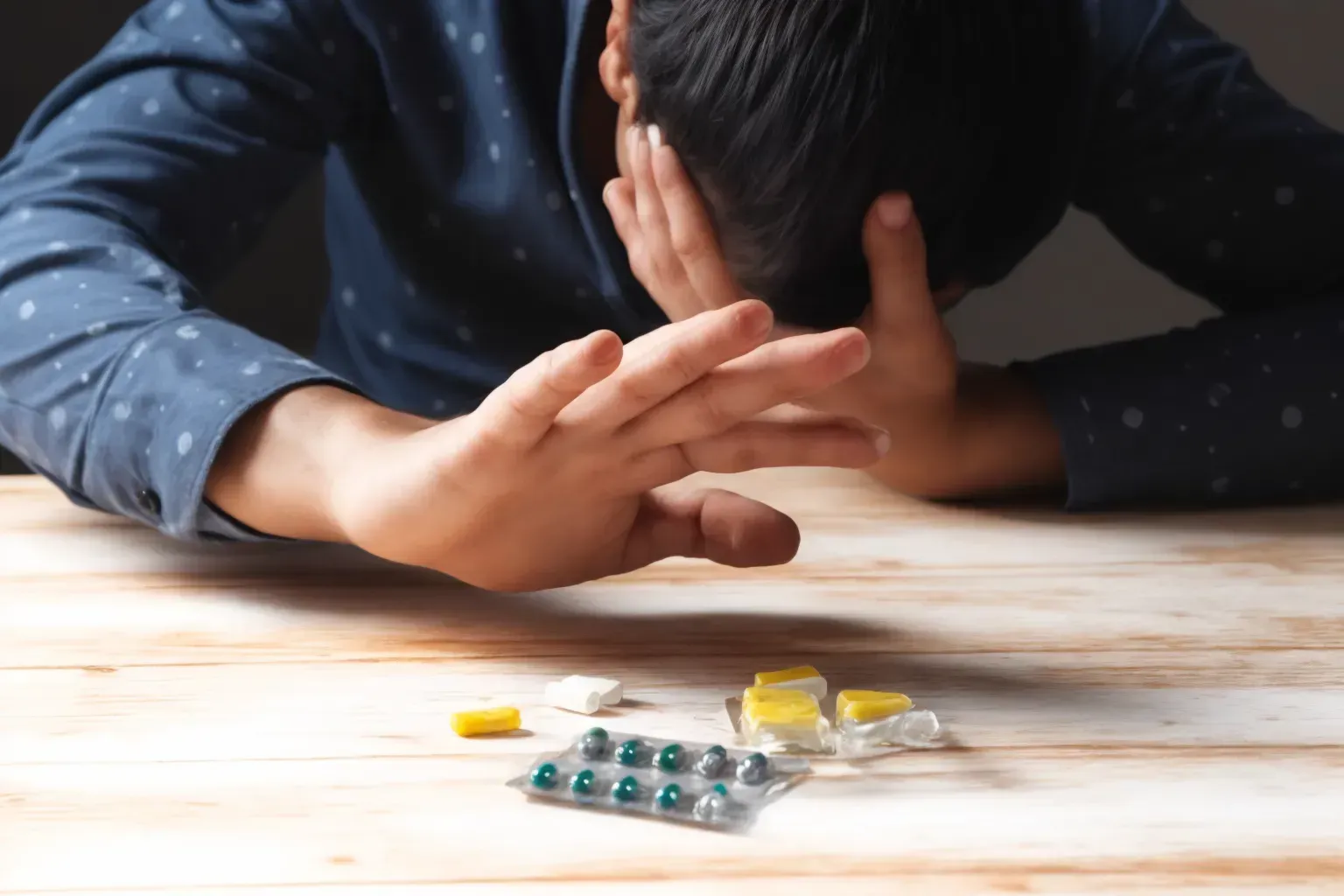Explore Our Blog
The Connection Between Trauma and Substance Use
Advance Minds Blog
A safe space to explore subjects within the community such as mental health, substance abuse and personal identity.
Our safe space also provides the opportunity for real individuals to express their hardships and success through writing.
Why unhealed wounds often lead to Addiction, Trauma isn’t just what happens — it’s how your mind and body respond to it.

It can come from a single event, like an accident or assault, or from ongoing experiences like childhood neglect, abuse, or growing up in an unstable home.
Trauma changes the way the brain processes danger, stress, and emotion.
When it isn’t addressed, people often turn to substances to numb the pain or escape the constant feeling of being on edge.
🔗 How Trauma and Addiction Are Linked
Substance use is often an attempt to self-soothe — to quiet flashbacks, silence anxiety, or feel in control.
When trauma lives in the body and mind, drugs and alcohol can temporarily offer:
🌫 Numbness from emotional pain
🛑 Escape from disturbing memories
💤 Relief from insomnia or hypervigilance
🧩 A sense of belonging or confidence in social settings
But over time, this short-term relief creates a long-term problem — addiction. And the root trauma remains untreated.
🌀 Trauma Fuels the Cycle of Addiction
Unresolved trauma can lead to:
⚡ Panic attacks
💔 Mood swings
🔁 Repeated unhealthy relationships
🚪 Isolation or avoidance
🗯 Negative self-beliefs (“I’m not safe,” “I’m unlovable,” “I’m broken”)
Substance use temporarily softens these feelings — but when the substance wears off, the pain often returns even stronger.
This fuels a cycle that’s hard to break without healing both the trauma and the addiction.
🛠 Treating Addiction Means Treating Trauma
You can’t just remove the substance and hope the trauma goes away.
Effective recovery must address both.
Approaches that help include:
🗣 Trauma-informed therapy (like EMDR, CBT, or somatic therapy)
👥 Safe, supportive relationships
📚 Education about trauma responses and triggers
🧘 Mindfulness, breathwork, and grounding
🎨 Creative expression like art or journaling
🛏 Rest and nervous system regulation
When people feel safe — physically and emotionally — their brains and bodies can begin to heal.
💡 Why Many Don’t Recognize Their Trauma
Some people don’t realize they’ve experienced trauma.
They may say:
🗯 “Others had it worse.”
🗯 “It happened a long time ago.”
🗯 “I turned out fine.”
🗯 “That’s just how my family was.”
But trauma is about how something impacted you — not how it looks on the outside.
Ignoring it doesn’t make it disappear. Facing it allows freedom.
Final Thoughts ✨🧩
Addiction isn’t just about substances. It’s about pain, disconnection, and survival.
Trauma doesn’t make someone weak — it shows they’ve endured more than most.
And healing from it takes time, patience, and the right support.
When trauma is acknowledged and treated, the need to escape begins to fade — and real, lasting recovery becomes possible.

















